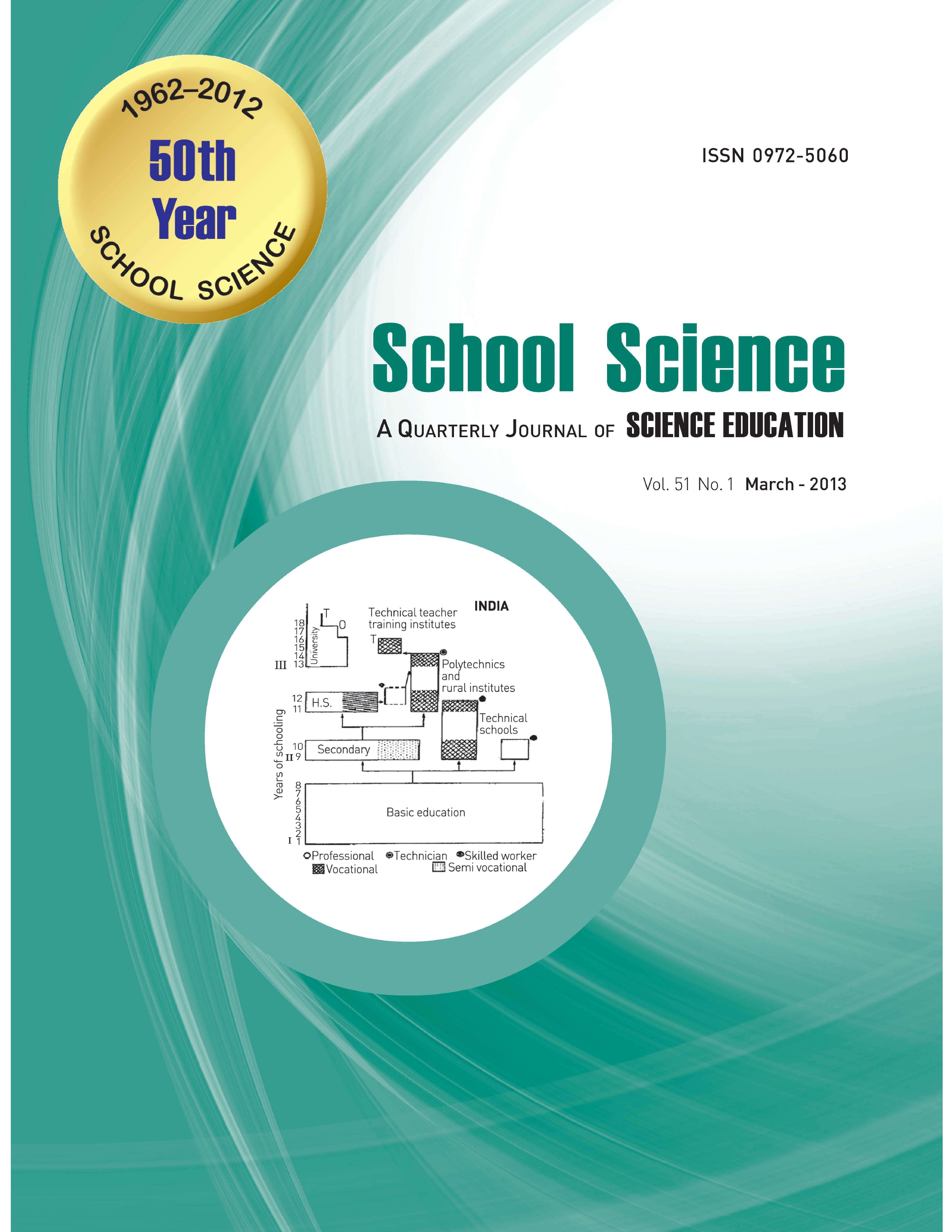
Published 2013-03-31
Keywords
- knowledge,
- perceived facts,
- intelligence
How to Cite
Abstract
All knowledge and understanding of the materials and appliances of practical life and of the phenomena of the world of matter and force must be ultimately based on our personal experience, either in perceiving events, or the actions of other people and their effects, or more directly by ourselves acting on things and noting what happens. Experience of one kind or another must be the source of all meaning and understanding of physical reality, although thought and imagination can transform experience into the higher and more universal plane of general law and theory. The primary mode of learning, therefore, is to gain experience of the physical world around us by ‘acting on it in various ways and noting what happens’. This is instinctively the young child’s mode of learning. He acts on various things in a variety of ways, either on his own impulse, or in imitation of, or under the direction of others, and thus gains an ever increasing experience of the behaviour of things and substances under various conditions. It is true that in certain fields he has little, or no experience, e.g., in the properties and action of magnets, frictional electricity, chemical action, generation of electricity, surface action, etc. He, however, comes to school with a fairly extensive experience of materials, force, motion, heat, light, sound and uses of electric currents.
